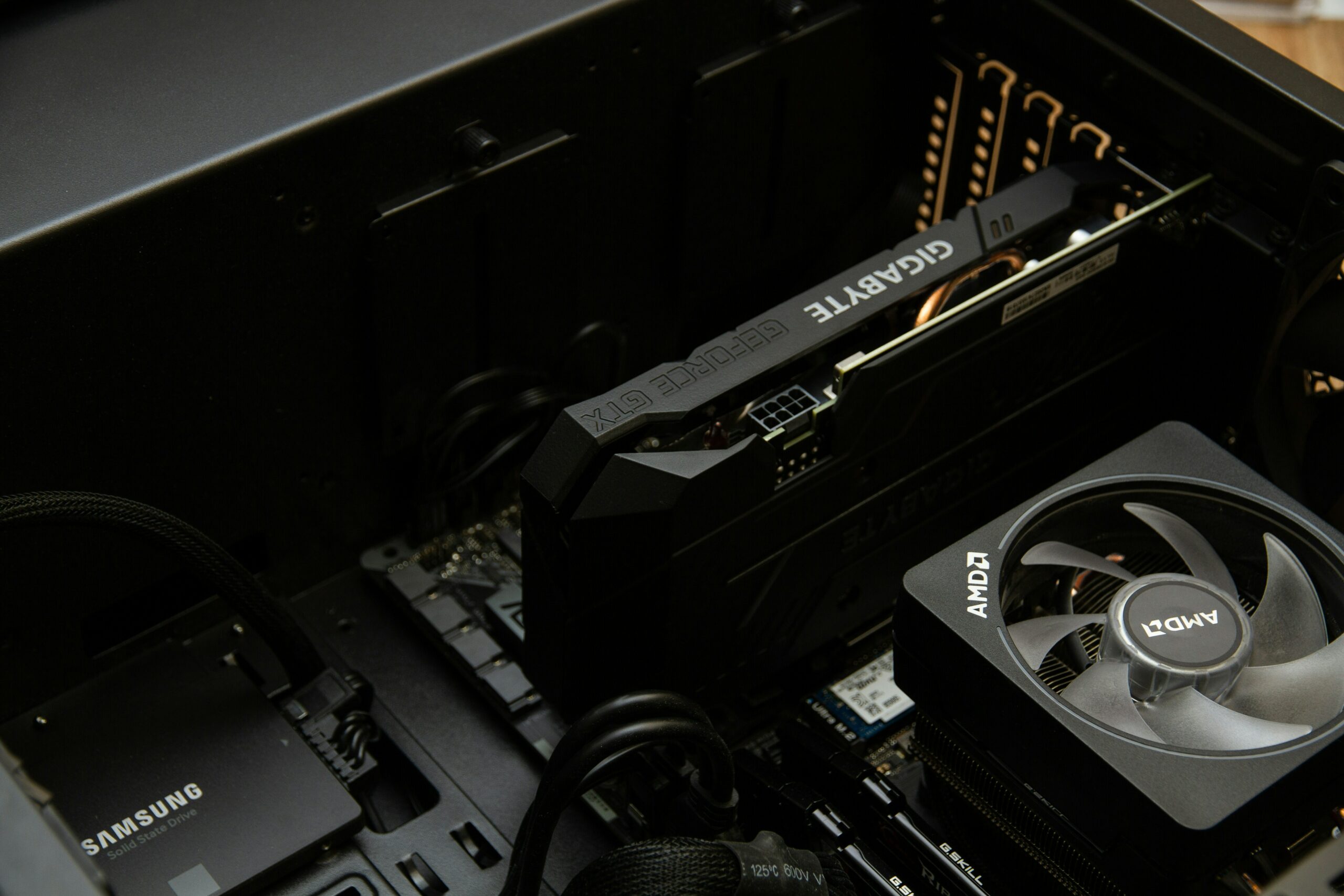The Role of Blockchain in Supply Chain Sustainability Tracking
Incorporating blockchain technology in supply chains provides an innovative solution to enhance transparency throughout the entire chain. By utilizing blockchain’s decentralized and immutable nature, every transaction and movement of goods can be recorded and tracked in real-time. This transparency allows all stakeholders to have a clear view of the entire supply chain process, from sourcing raw materials to delivering the final product to consumers.
Additionally, blockchain technology enables the creation of smart contracts that automatically execute when certain conditions are met. These smart contracts can help streamline processes by reducing the need for manual intervention and potential human errors. As a result, the transparency provided by blockchain not only improves the efficiency of supply chain operations but also builds trust among stakeholders by ensuring the integrity and accuracy of data across all participants.
Enhancing Traceability of Products through Blockchain
Blockchain technology has revolutionized the way supply chains track and trace products from their origin to the end consumer. By utilizing blockchain’s immutable and transparent ledger, every step of a product’s journey can be digitally recorded and verified, ensuring authenticity and reliability. This enhanced traceability not only strengthens the integrity of supply chains but also builds trust among stakeholders, as they can access real-time information about the product’s history and movement.
Moreover, the implementation of blockchain for product traceability significantly reduces the time and resources needed to track goods across the supply chain. With all information stored securely on a decentralized network, companies can quickly identify bottlenecks or issues in the supply chain and take immediate corrective actions. This streamlined process not only enhances operational efficiency but also minimizes the risks of errors, delays, and discrepancies that often occur in traditional traceability systems.
Reducing Counterfeiting and Fraud in Supply Chains with Blockchain
Blockchain technology has emerged as a powerful tool in the fight against counterfeiting and fraud within supply chains. By enabling transparent and immutable record-keeping, blockchain ensures that every transaction along the supply chain is securely documented and easily traceable. This increased transparency makes it significantly more difficult for malicious actors to introduce counterfeit products or manipulate supply chain data for fraudulent purposes. As a result, businesses can have greater confidence in the authenticity of their products and the integrity of their supply chains, ultimately safeguarding their reputation and consumer trust.
Moreover, the decentralized nature of blockchain technology eliminates the need for intermediaries or centralized authorities to certify the validity of transactions. This means that verification processes are streamlined, reducing the opportunities for fraudulent activities to go undetected. By leveraging blockchain for supply chain management, organizations can establish a more secure and efficient ecosystem where every participant has access to real-time, tamper-proof information. As a result, the risk of counterfeiting and fraud is significantly reduced, enabling businesses to operate with greater transparency and accountability throughout the entire supply chain process.
• Blockchain technology enables transparent and immutable record-keeping
• Every transaction along the supply chain is securely documented and easily traceable
• Increased transparency makes it difficult for malicious actors to introduce counterfeit products
• Manipulation of supply chain data for fraudulent purposes becomes more challenging
• Decentralized nature of blockchain eliminates the need for intermediaries or centralized authorities
• Verification processes are streamlined, reducing opportunities for fraudulent activities
• Organizations can establish a secure and efficient ecosystem with real-time, tamper-proof information
• Risk of counterfeiting and fraud is significantly reduced in supply chain management
What is blockchain technology?
Blockchain technology is a decentralized, distributed ledger system that securely records transactions across multiple computers in a way that is transparent and tamper-proof.
How does blockchain technology improve transparency in supply chains?
By recording all transactions and interactions on a secure and immutable ledger, blockchain technology provides visibility and traceability throughout the supply chain, making it easier to identify and address any discrepancies or fraudulent activities.
How does blockchain enhance traceability of products in supply chains?
Blockchain technology allows each product to be assigned a unique digital identity that can be tracked from the point of origin to the final destination, providing stakeholders with real-time visibility into the product’s journey and ensuring its authenticity.
How does blockchain help reduce counterfeiting and fraud in supply chains?
By creating a transparent and secure record of every transaction, blockchain technology makes it difficult for counterfeiters to introduce fake products into the supply chain undetected. This increased transparency and traceability help to reduce the risk of fraud and counterfeiting.
Is blockchain technology expensive to implement in supply chains?
While implementing blockchain technology may require an initial investment, the long-term benefits of increased transparency, traceability, and security often outweigh the costs. Additionally, there are now more affordable and scalable blockchain solutions available for businesses of all sizes.

